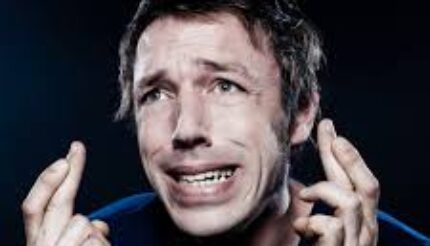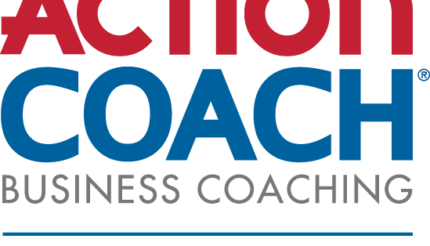So how do SMEs approach decision making when there could for half a dozen potential outcomes?
Brexit has forced this kind of thinking in to the SME domain. But over 60% of businesses have either put their head in the sand or are just too overwhelmed with the options that they are doing nothing.
Decision making is relatively simple based on choice but when the situation is forced on you, do you still have a choice?
The short answer is yes.
Oversight?
Far too many businesses are over looking their skills in the business and wider opportunities in their market. We can take inspiration from all the farmers hit by the foot and mouth outbreak. They showed what the art of the possible is. Many of my clients have a huge amount of challenges with the ‘what if scenarios’. Looking at the basic capabilities within the business can identify new opportunities.
One by One
The key to realising your options is to understand how to evaluate each potential Brexit outcome and how you would respond at a high level first. For each one create the most positive outcome your business could achieve. Once you have a high level view, some options will be come less important than others. Therefore significant time and energy can be saved.
As a first step it may well help getting things in to action.
Next Stage Decision Making
Once you have ordered which are the most important / highest impact in a detrimental way to the business futher analysis is required. At a deeper level the considerations using your BRAIN:
Benefits – an example of taking a negative and looking for the positive is this is the sugar tax. Soft drinks companies now have the opportunity to significantly improve their ethical standings through the introduction of sugar free or low sugar drinks. These drinks have used newer processing method which actually increases the margin.
Risks – is the perceived risk the actual outcome? Electric cars were always a risk to the motor industry but actually its led to new cars and designs being more than acceptable from these manufacturers. They still trade on their brand and experience even though they are in the infancy of the technology.
Alternatives – as mentioned above the diversification of the British farmers was to open additional and complimentary shops, products and experiences to compensate for the loss of their core animal based products.
Implications – Decision making can become very subjective so its imprtant to evaluate from a personal and team/business perspective. During the downturn of 2008, my business face losing a considerable proportion of the workforce. Many of our SME customers either failed or stopped spending. So the implications of people and families becoming horrifically affected we offer all a company wide pay reduction. This implied we’d all be supporting everyone and personally it wasn’t too much to bear.
Nothing – yes that’s right, sometimes decision making is to take the decision to do nothing. If you’ve evaluated properly this can be the best option.
Whilst there are many more details which could be added to the above, it should help the 60% of business how to shed some light on this very dark matter.





